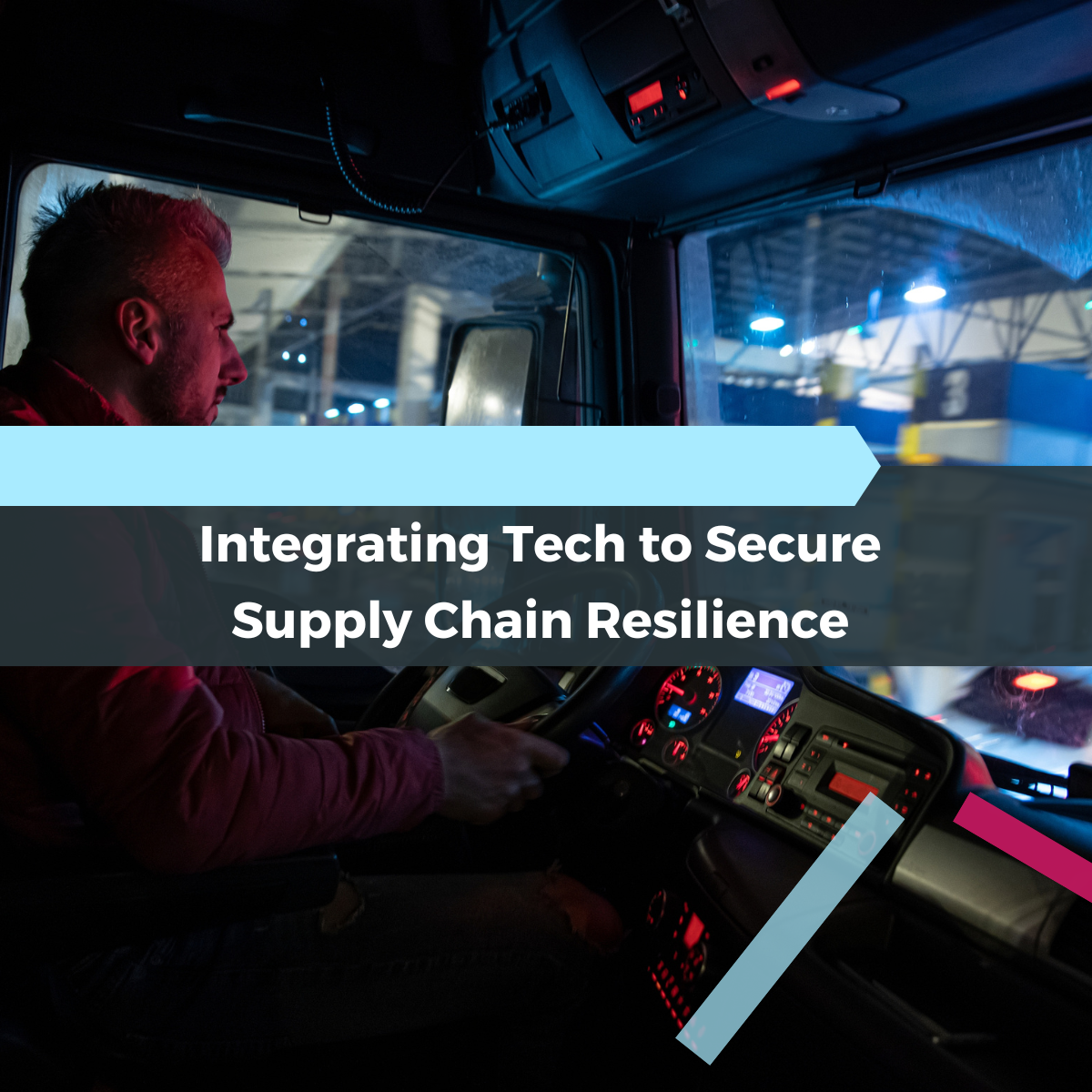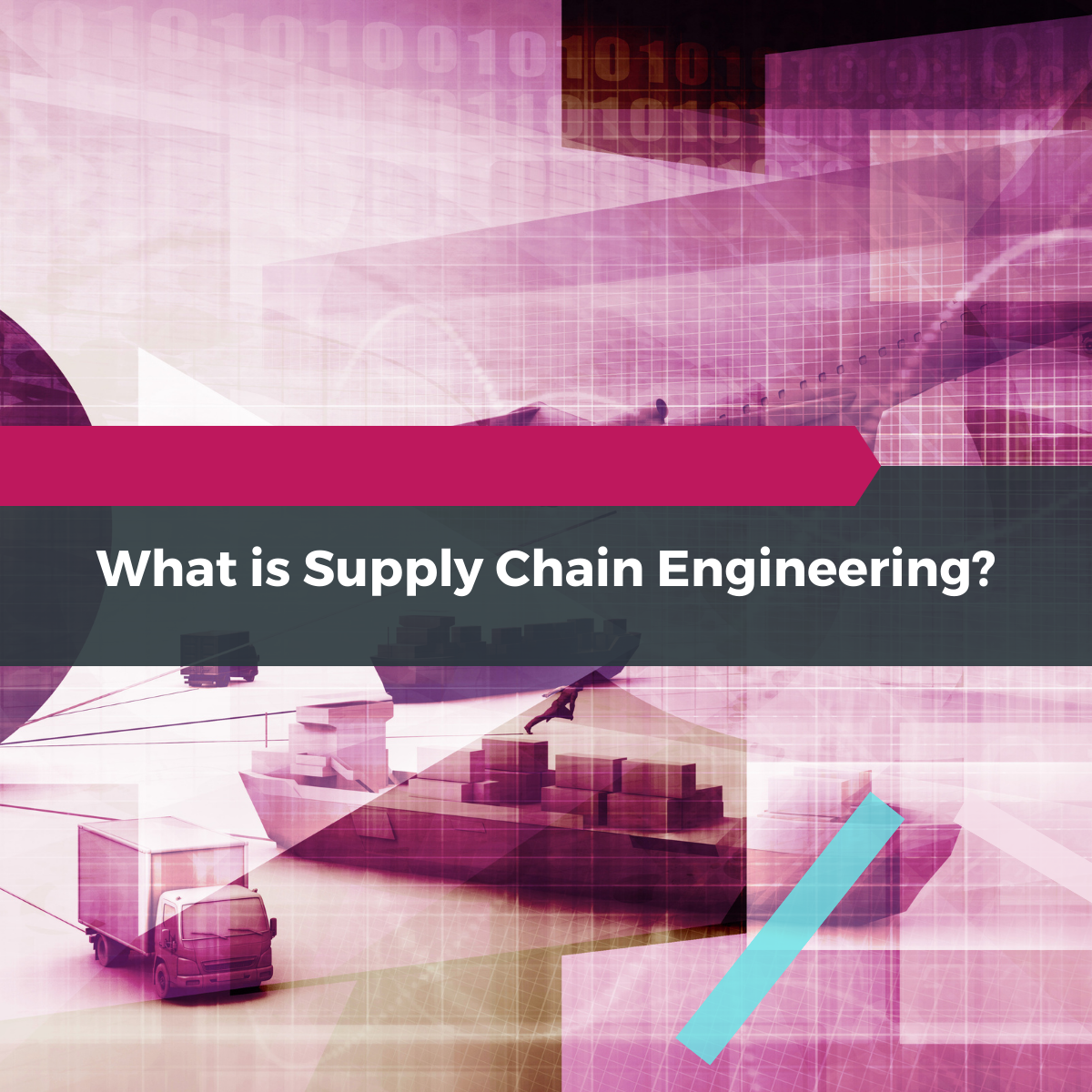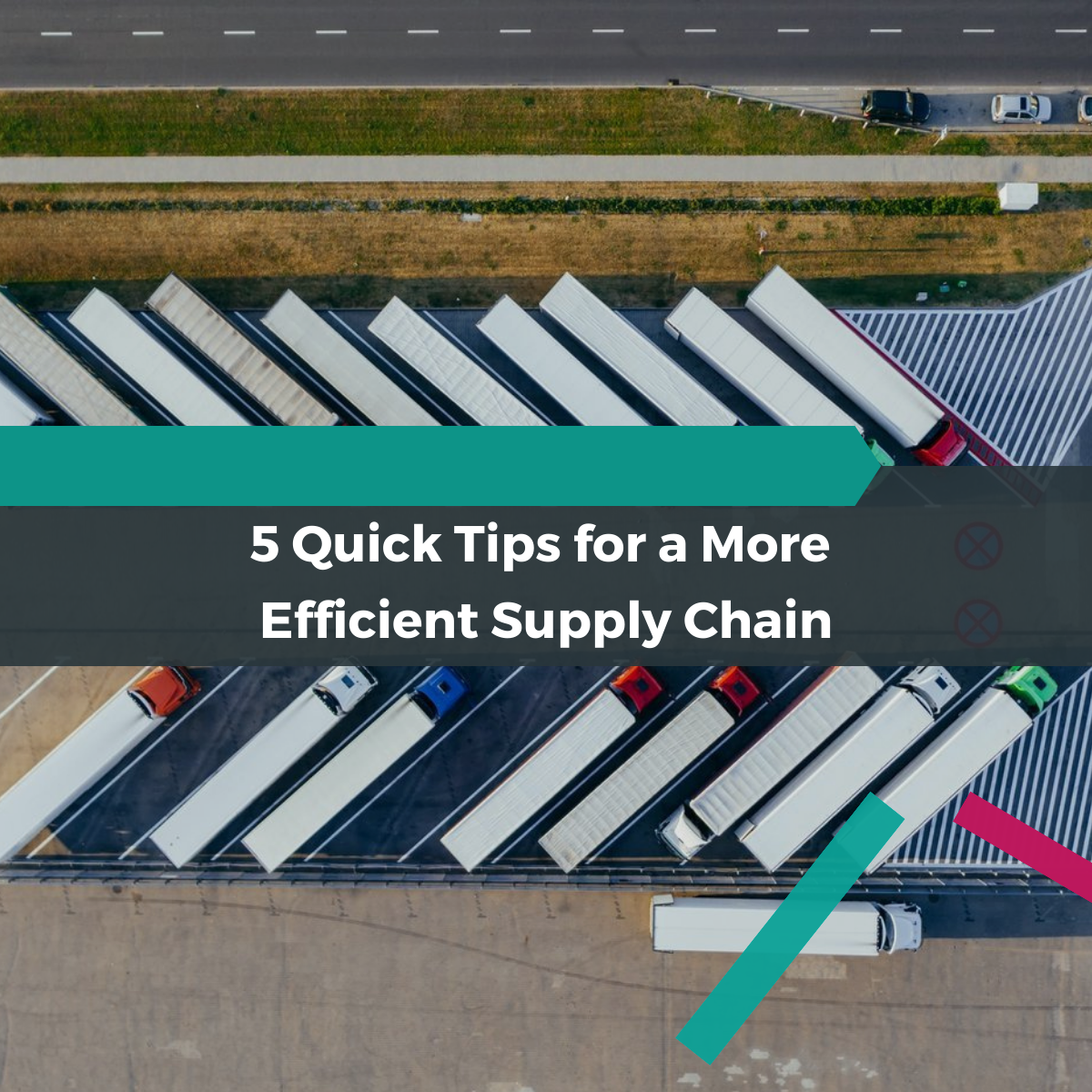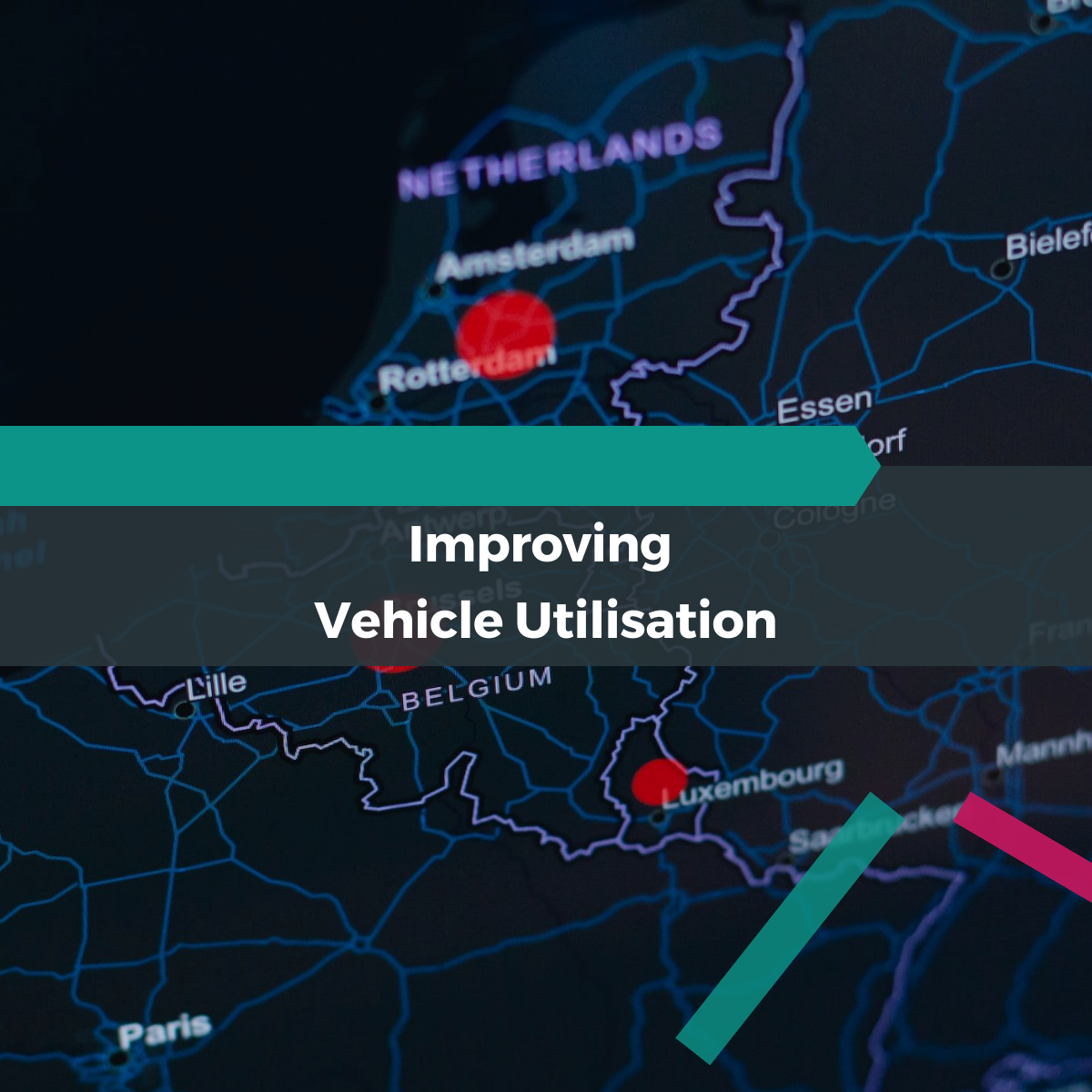Lessons we’ve Learnt in Logistics.

We operate in an ever changing landscape, the sheer impact the last year alone has had on the logistics industry has surprised us all. There are many lessons to be learnt that will inevitably play a role in the future of supply chains.
With such a diverse team and different expertises within the industry, we found ourselves having an interesting discussion about what we have learnt since starting at Chill-Chain.
For some this means their first time working in this area of logistics, for others it’s a step up in their career, all the way to our industry veterans with over 25 years of experience.
“What surprised me most is how available technology is yet how little people use it, many supply chains are still operating manually”.
Technology - how available it is, yet how little our industry uses it - was a major surprise for many of our newcomers. Manual processes that make margins for error larger and utilisation rates lower are still remarkably common practice among many supply chains.
This statement, echoed by our veterans, with over 25 years of experience who were surprised by the slower adoption of innovation in certain areas.
They went on to explain that despite more sophisticated technology starting to find its place in warehouse operations, the transport sector was yet to bring technology into the space. “Our newly developed technology is able to provide granular data, we can engineer supply chains to become optimised, and push them towards more efficient and cost-effective operations”.
Repeated by many who have previously worked in the industry, one of the biggest surprises when joining Chill-Chain was the company's ability to cover short notice loads faster than ever, especially at peak trading times, adding a large aspect of resilience to many supply chains.
“It proves the technology we have produced works and this is the way forward for supply chains of all sizes”.
In a similar vein, those who have worked in logistics for most of their career were shocked at the lack of data customers had access to.
‘To hear customers have no visibility of their exact spending is crazy’.
‘After 8 years in the industry, coming to Chill-Chain and seeing the company be so data driven in order to provide visibility has really highlighted the issue the logistics industry has, which I never realised was actually that bad’
Starting at Chill-Chain after working in the sector previously, it was a surprise to many of the team how many opportunities for collaboration there were.
Coming from transport companies that placed high value on optimisation, joining Chill-Chain caused surprise at how advanced supply chains with these practices implemented are.
Which leads us to our biggest surprise from everyone… “In a world of technological advancements, why are they not an industry norm?"
After 25 years of insight, our industry expert attributes this to two key factors. Firstly, the industry is dominated by a generation where the only option in planning and routing was with pencil, paper and a rubber, and more latterly spreadsheets.
Secondly, people are not looking further than a face value cost, which may go hand in hand with the more gradual adoption of technology across the industry.
Despite this sentiment, our industry newcomers have been surprised by the improvement in communication they have seen, even within the last year.
When asked, where they think these improvements came from, their answers were unanimous; the way we communicate has been made easier, they are now more receptive to it after seeing how it can benefit them.
Working to facilitate many food related transports “time is, very literally, money”, and once it was realised there was a quicker, more efficient way to operate, they made the change.
We all, of course, understand that saying, ‘time is money’ and our operations team is right, in this industry it’s more relevant than ever.
However, in logistics many things have costs associated to them; vehicle utilisation, optimised routing and collaboration are all opportunities to save money and it would not be an exaggeration to say technology works to improve each of these factors tenfold.
So with this revelation, is this the real beginning of tech-based supply chains?
































